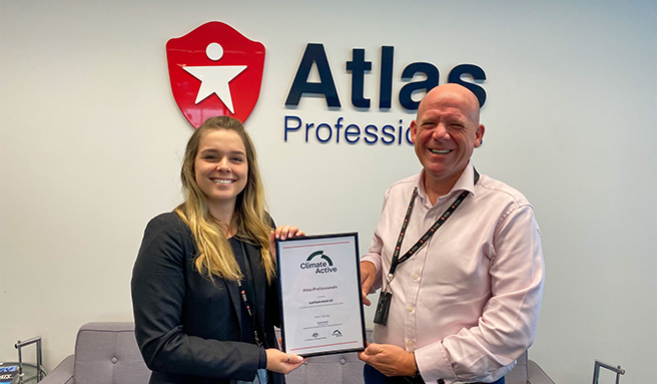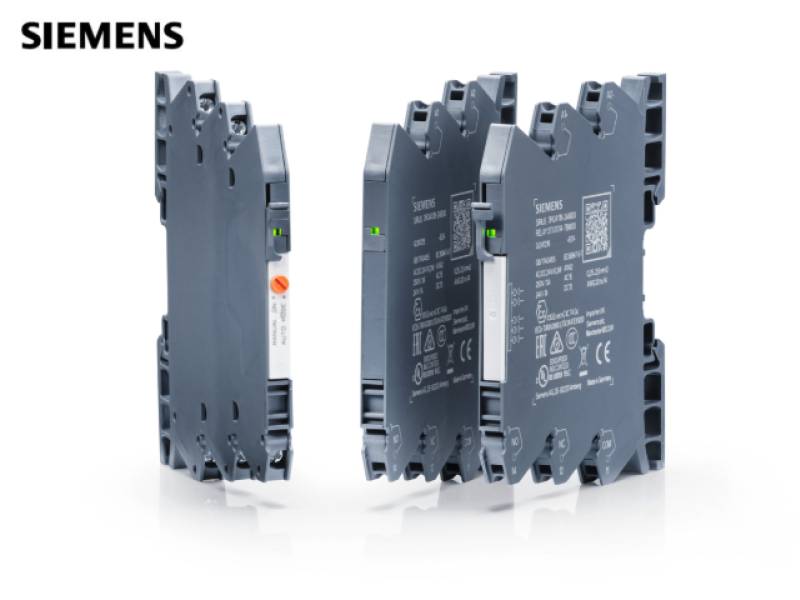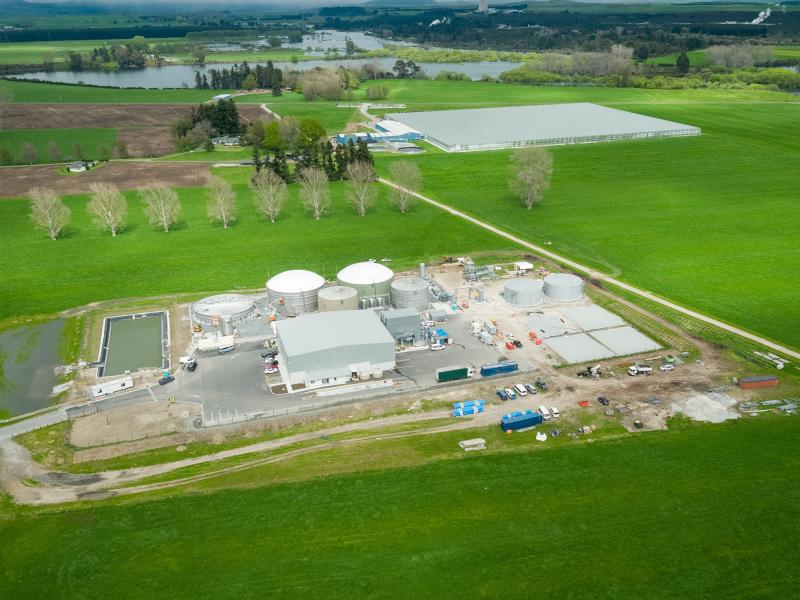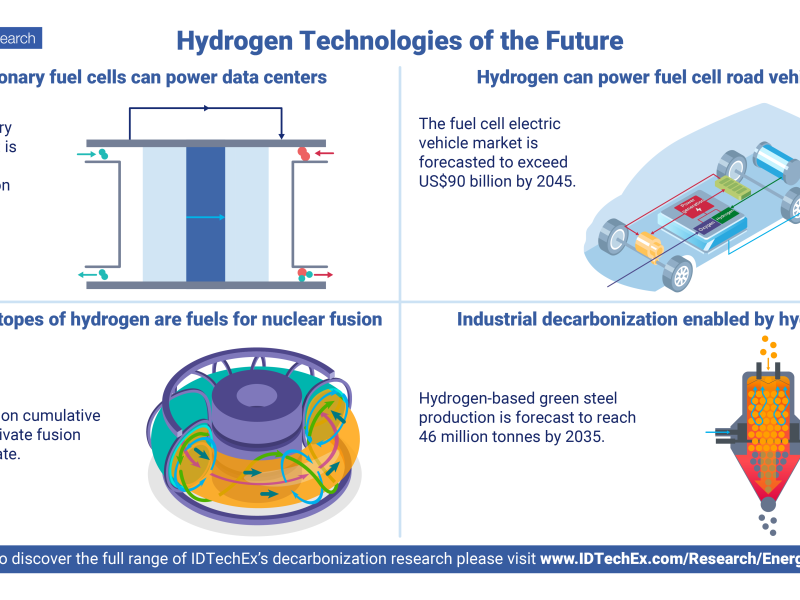New Plymouth-based Atlas Professionals is the first service provider in the energy and marine industry in Australia and New Zealand to become carbon neutral.
From reducing the amount of beef on their sites’ catering menus to choosing to fly primarily on newer, cleaner aircraft, the Taranaki business has spent the past 18 months working to achieve certification in both countries.
Atlas Chief Executive Officer Jim Caldwell said staff from across the company’s sites and offices had been invested in the climate action process.
“This has been an exercise which has involved every single member of our organisation,” Mr Caldwell said. “When we set out to achieve carbon neutrality, we knew it was critical to have employee buy-in to make it work.
“It was quite an eye-opener in the initial phase when we were calculating our carbon footprint and staff realised even small changes to how we work could make such a big difference. We wanted to make positive change and not just purchase carbon offsets.”
Atlas was able to calculate that by reducing the amount of time beef was on the menu on its offshore rigs, from six nights a week to four nights, it could reduce 75 tonnes of carbon dioxide emissions.
“On an offshore rig with 120 people, a 180g steak for dinner would produce 1300kg of carbon dioxide compared to just 151kg with the same amount of chicken. It was an easy decision to cut back on the beef.”
Mr Caldwell said all staff collaborated on where to invest in carbon offsets. “We wanted to ensure our investment commitments were being directed to industries our employees were passionate about.”
Aboriginal environmental health, global renewable energy sources and New Zealand reforestation are among the organisations to benefit from Atlas’ carbon offset investments.
Staff at the offices in New Plymouth and Perth in Western Australia have also undertaken tree planting days and beach clean-ups to further their carbon neutral commitment beyond what is required.
All carbon data collected by Atlas was independently audited and verified before submission to the respective Australian and New Zealand certification bodies.
“Carbon neutral certification has been a long and time-consuming process,” Mr Caldwell said. “However, from the start we set out to achieve this because it is the right thing to do.
“Our company values are courage, integrity and commitment and all three of these values have been evident in the dedication of staff throughout the certification process.”






